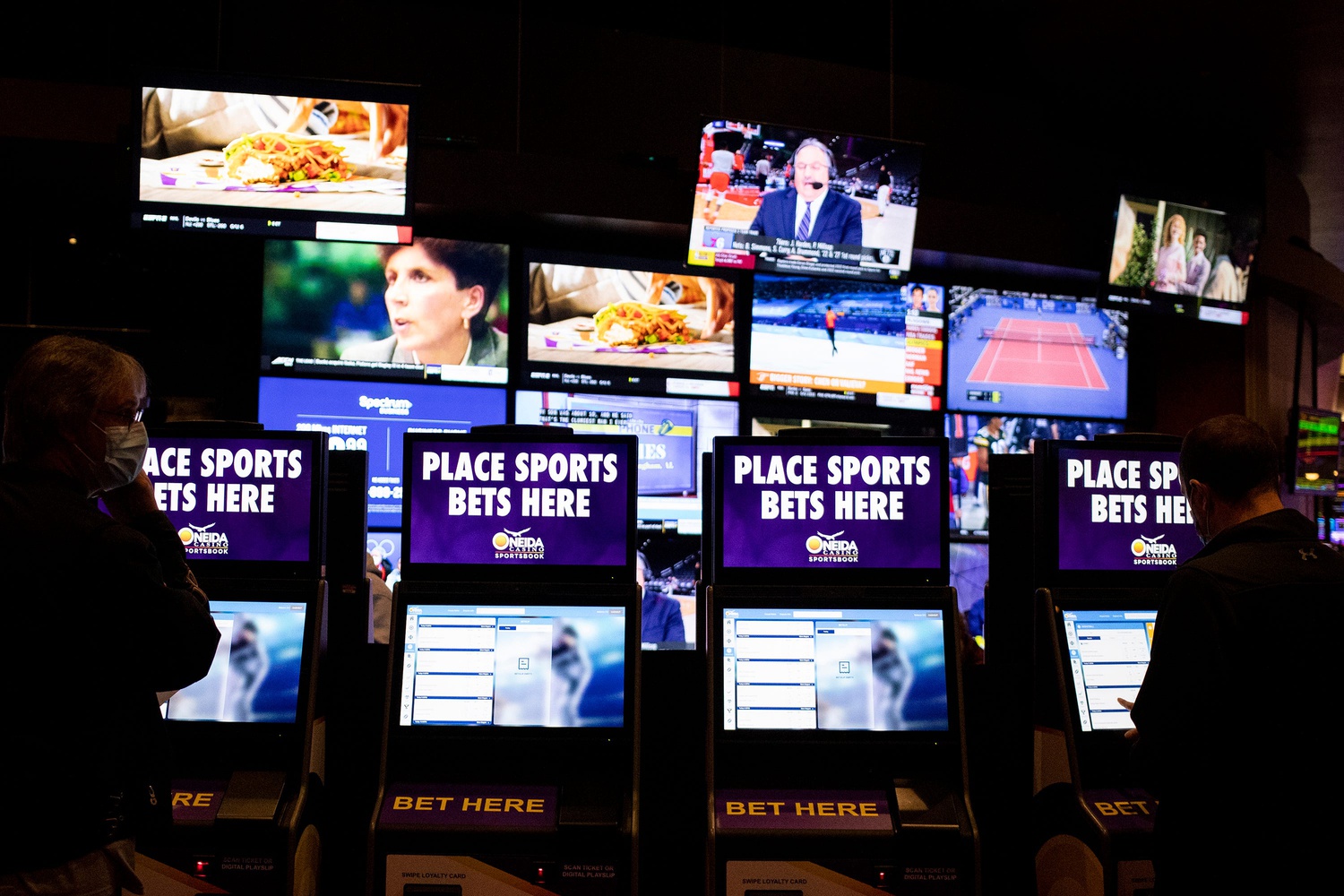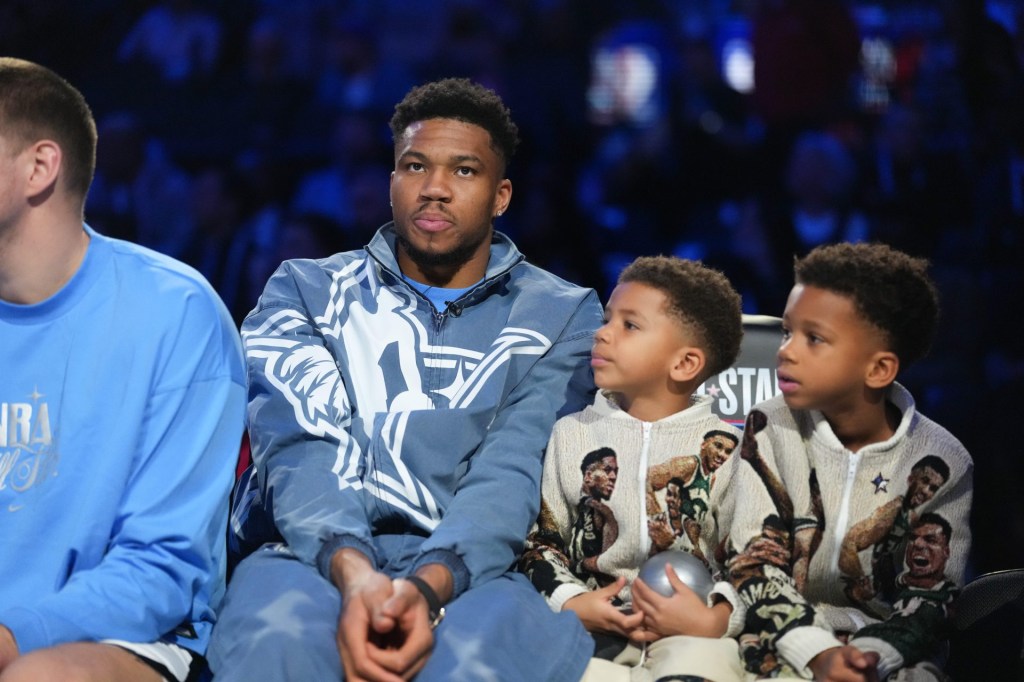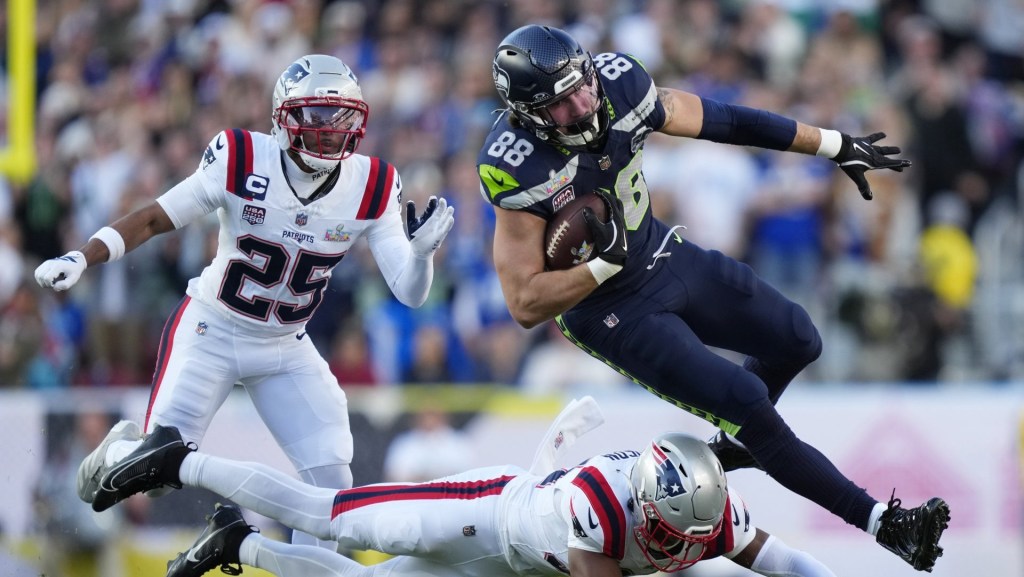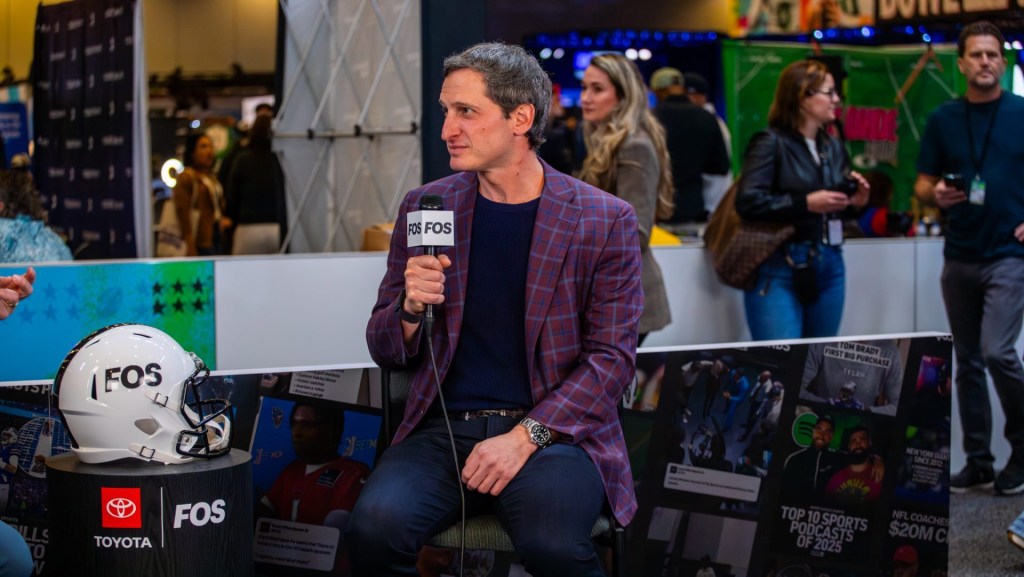Kalshi is facing more regional litigation over the legality of its prediction markets as it has been sued by three tribes in California accusing the exchange of engaging in illegal sports gambling on their respective reservations.
The Blue Lake Rancheria, the Chicken Ranch Rancheria of Me-Wuk Indians, and the Picayune Rancheria of the Chukchansi Indians filed a lawsuit against Kalshi and Robinhood (which runs trading markets from Kalshi’s exchange) seeking a preliminary injunction, claiming the sports markets offered violate the Indian Gaming Regulatory Act and the tribes’ Tribal-State Gaming Compacts with California.
The lawsuit was filed Tuesday in U.S. District Court in the Northern District of California. A Kalshi spokesperson declined to comment.
In the sports realm, Kalshi and Robinhood offer odds on futures markets such as league champions, award winners, and golf and tennis tournament champions. They also offer single-game markets, which approximate money-line bets on traditional sportsbooks.
“Kalshi will claim that it is not offering sports gambling. Kalshi will tell the Court that it is a Designated Contract Market, regulated exclusively by the Commodity Futures Trading Commission (CFTC), and is merely operating a ‘prediction market’ that permits the buying and selling of ‘commodities contracts,’ or swaps on sporting events,” the lawsuit said. “While masquerading as novel commodities and futures products, these event contracts are, substantively, nothing more than illegal, unregulated wagers on the outcomes of sporting events.”
The sports event contracts offered by Kalshi and other prediction platforms have generated controversy because they appear so similar to sports betting. Kalshi maintains there’s a key distinction: Traditional wagers see users betting against “the house”—casinos or sportsbooks that set the odds and profit when bettors lose—while sports prediction markets offer nationwide marketplaces where users trade against one another.
Kalshi has received cease-and-desist letters from regulators in Maryland, Illinois, Montana, Nevada, New Jersey, and Ohio. Kalshi has filed suits of its own in New Jersey, Nevada, and Maryland. It has had early success in its New Jersey case and continues to operate.
Predictions markets and sportsbooks could become increasingly intertwined by football season. Front Office Sports has reported that Kalshi and FanDuel have had talks about a potential partnership, and that DraftKings has had talks about buying Railbird Exchange, which recently became licensed by the CFTC. Earlier this week, Polymarket announced it acquired the small derivatives exchange QCX for $112 million, which would position it to re-enter the U.S. market.
In a statement to FOS, a Robinhood spokesperson said the company’s “event contracts are regulated by the CFTC and offered through Robinhood Derivatives, LLC, a CFTC-registered entity, allowing retail customers to access prediction markets in a safe, compliant, and regulated manner. So far, two federal courts have made initial rulings that the CFTC’s rules preempt other laws and we intend to defend ourselves against these claims.”

















